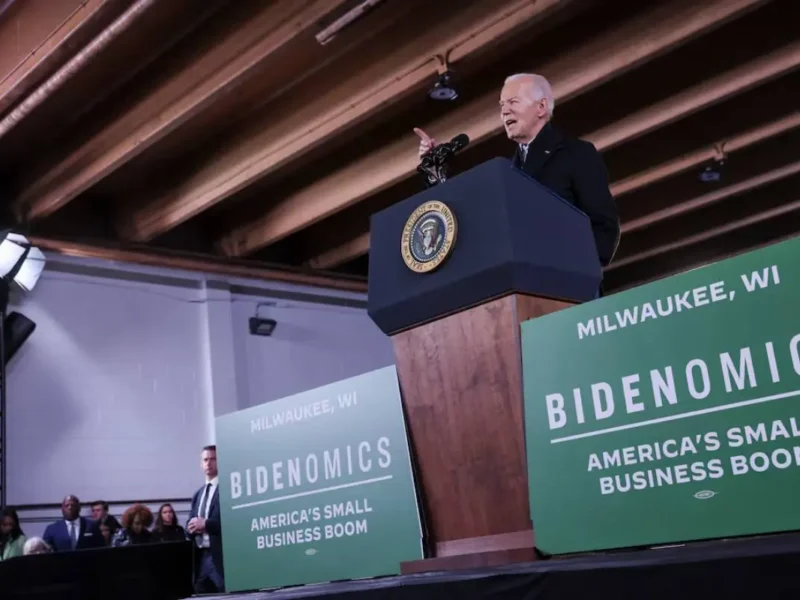
India’s Herpetologist Who Discovered 50 Frogs Now Researching At Harvard
NEW DELHI, (IANS) – For Dr. Sonali Garg, frogs are not just amphibians that leap out during monsoons or when you are near a lake. As she puts it, it is her calling.
An above-averageschool student she studied BSc Zoology (Honors) course in Delhi University, in 2008. While at college, she honed her interest in biodiversity, which concentrated on frogs and later helped her become India’s first woman researcher to discover 50 new frog species.
Sonali did extensive field expeditions in remote forests of the Western Ghats, Northeast India, and the Andaman and Nicobar Islands during her decade-long research. Outside India, her scientific forays extended into Sri Lanka, Indonesia, and Thailand. This not only made her a familiar name among frog researchers in the country but also helped her bag the Edward O Wilson Biodiversity Postdoctoral Fellowship from Harvard University. Through it, Sonali will further her quest for the discovery of earth’s animal species.
Her field expeditions did come with self-explorations, life lessons and some adventures. As a frog scientist, not just most, but all her fieldwork happened during the night in the heavy forests.
“When you are in remote areas for field work, dynamics are different,” she acknowledges. “There is a certain way the villagers around the forest are used to seeing a woman and when someone in fieldwork clothing goes into the forest, there are certain challenges to beat that mentality. So, you dress accordingly (cover up as much as you can; if need be, wear traditional clothes) and more importantly try to look past that, do your job, and do it well,” she adds.
Even her family, while being as supportive as she puts it, had natural concerns each time she went on an expansive expedition.”There have been times when I had discussions with my mother on the safety parameters of my job. I remember telling her that I could easily be injured staying in Delhi as I could be in a jungle,” she shares.”I would rather be killed or injured by an elephant in a jungle than die in a road accident in Delhi,” she says, highlighting her determination to do the job she has chosen.
What helped her gain more trust from her family was her habit of sharing stories of work with them. “I think when they saw the spark in my eyes, I had even more unwavering support from them,” she says.
Her research largely focuses on unraveling the unique diversity of frogs, besides studying their evolutionary relationships using DNA, and biogeography to decipher patterns of historical and present-day distributions. Among many, Mysticellus, the Mysterious Narrow-mouthed frog is a new genus from India discovered by Sonali.
In addition, the Microhylid frog from Indonesia (MicrohylaSriwijaya) has been described by her along with Indonesian scientists.
At Harvard, Sonali will work at the Museum of Comparative Zoology (MCZ), in affiliation with the Department of Organismic and Evolutionary Biology. Established in 1859, the MCZ is a center for research and education focused on the comparative relationships of animal life.
With the frog population diminishing, bio-scientists like Sonali play a major role in taking the research forward. Her adaptive nature, fearlessness and time management skills accurately complement her attitude towards work and interest in her field subject. The Bombay Natural History Society recognized her contributions to amphibian research and conservation by conferring her with the JC Daniel Young Conservation Leader Award in 2019.
“This is a niche field. Such exposures help people learn about behind-the-scenes stories in conservation fieldwork. Bio-scientists in the country should get due recognition,” Sonali sums up.




